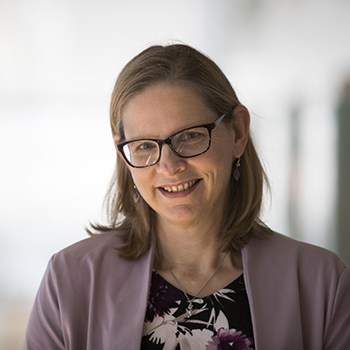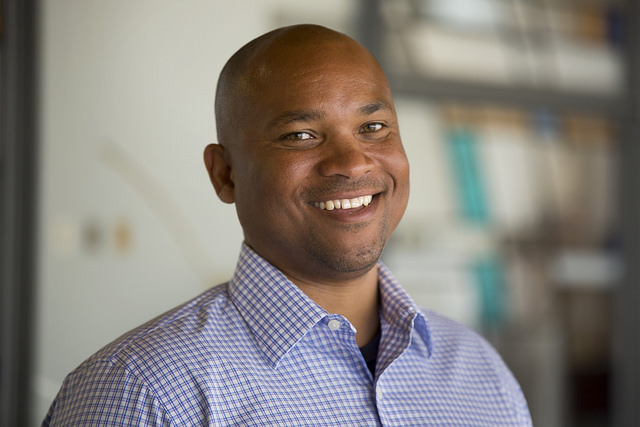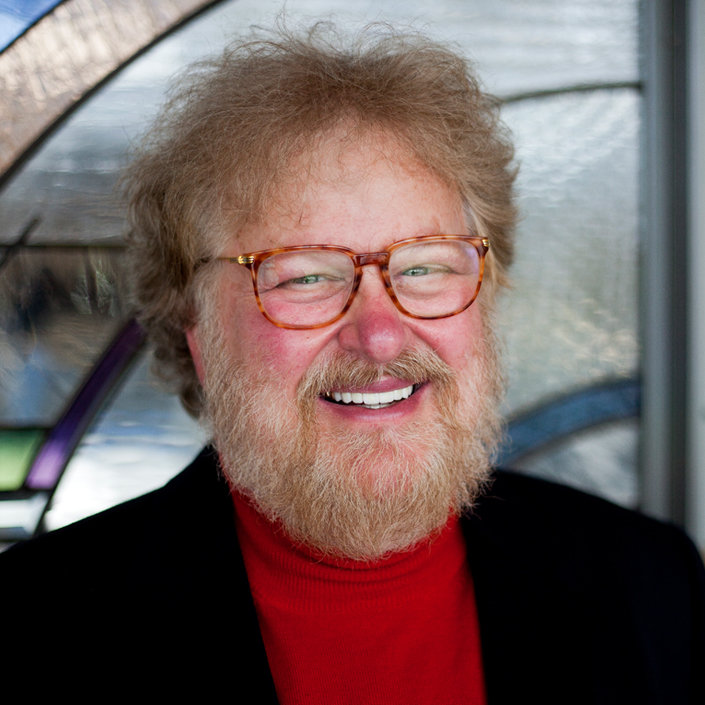
Expert take: Engineering for the success of humanity
Three Michigan Engineering faculty help to elevate communities and systems through a people-first approach to teaching.

Three Michigan Engineering faculty help to elevate communities and systems through a people-first approach to teaching.
Just as technologies continuously evolve, engineers must do the same, challenging originally-held beliefs to best serve humanity through their work. We spoke with Michigan Engineering faculty who are helping to elevate communities and systems through a people-first approach, leveraging their technical background to collaborate with outside experts, while viewing their work through an equity lens.

The goal of my research is to improve water systems so everyone has equal access to clean and safe water. I work with a team of researchers to evaluate water contaminants, advance technologies to remove them and discover methods of recovering vital resources from water in communities throughout the U.S. and abroad. This work is shaped through creating sustained relationships with communities and other academics – a cross-collaborative process that challenges my own dogmas and beliefs about engineering in order to provide stronger outcomes. My engineering education supports my understanding of our water systems’ complexities, but what has been equally important is spending time with community members, historians, activists, and policymakers to understand the human, institutional and economic complexities of the areas we serve. Listening without any expectation is very transformative. When conducting research on a Detroit water quality study, my team met with residents at a farmer’s market and partnered with grassroots organizations and Wayne State, a Detroit-based university that has a legacy footprint in the city, to inform our work. This provided a trusting entrance to dialogue and also provided a perspective of the challenges that we simply could not obtain on our own or in a lab setting.

At the Michigan Robotics’ Laboratory for Progress (Perceptive RObotics and Grounded REasoning SystemS) we want robots to learn from people, adapt over time and make inferences when faced with uncertainty so they can accomplish purposeful tasks in our physical world. The beauty of the University of Michigan is that you get to meet people from every walk of life and every background. Every engineering student brings their own life experiences to what they’re developing. We need equitable representation within our classrooms and research labs to cultivate the future leaders, innovators, and contributors who will be building transformative society-altering technologies in robotics and artificial intelligence. Michigan Robotics has established partnerships with faculty colleagues at historically black colleges and universities and academic institutions within rural communities to provide undergraduate students, regardless of their zip code, access to courses and research experiences that will help students thrive in the field. If we are successful with these collaborations, our innovation and technological ecosystem.

I recently saw a statistic that said 90% of one-year-olds have already played with a smartphone. That’s an astonishing number but it makes sense when you consider we are living in a digital-first world. Technology engages children – without question. But the goal is to create a digital curricula that deeply engages K-12 students. That’s the mission of the Center for Digital Curricula at Michigan Engineering. All kids need access to deeply-digital curricula that empower the children to learn successfully; we have to do more than give students a tablet with preloaded, digitized, lessons. We’ve been able to achieve success and raise student test scores with Collabrify Roadmaps, our deeply-digital curricula and digital learning platform. Over the last five years, it has been used by over 10,000 students in low social-economic-status school districts throughout Michigan from Detroit to rural Genesee county. The program engages students deeply by offering them meaningful opportunities to engage with their peers and teachers so they can learn. Community collaboration and equity-centered values are paramount in what I do. We partner with school districts and Saginaw Valley University to educate K-12 teachers how to use our platform and build upon its functionality.